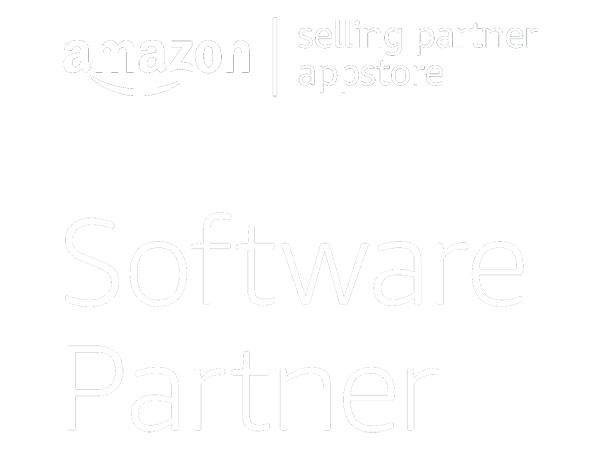Finding a suitable payment processor to handle your cash flow is a critical detail when operating an eCommerce shop. eCommerce payment processing is essential for growing businesses as it enables you to accept payments from online shoppers and have funds deposited into your own bank account.
Among all of the complexities in starting a business, don’t overlook how you get paid. If you are new to eCommerce, read this helpful guide to understand all about eCommerce payment processing.
eCommerce payment processing in a nutshell
eCommerce payment processing refers to the process of receiving payments from shoppers. The buyer inputs their credit card information into a secured payment gateway. This establishes a secure connection with the seller. It also encrypts the buyer’s credit card information before transmitting it to the payment processor. The processor then verifies that the buyer has enough money in their bank account, and then transfers it into your vendor account.
For a more thorough overview of the process of accepting an online payments, let’s dive a little deeper. You should be familiar with the following essential eCommerce payment terms: payment gateways, payment processors, vendor accounts, SSL certification, and tokenization.
What are payment gateways?
A payment gateway is an integral part of your eCommerce payment processing system. The gateway securely connects your eCommerce site with the payment processor. It sends encrypted card information from your e-commerce site to the payment processor.
What are eCommerce payment processors?
Essentially, an eCommerce payment processor receives data from the payment gateway and confirms its accuracy. The payment processor then transmits a request to check that the buyer’s bank account has enough funds to deduct a specific sum. It sends an approval code, and the transaction is completed in a matter of seconds. PayPal and Stripe are examples of the most prevalent eCommerce payment processors around the globe.
What are vendor accounts?
A vendor account is the bank account that your eCommerce store opens. This account receives payments once they clear.
What is SSL certification?
An SSL certificate is an online credential that verifies the identity of a site and allows for an encrypted connection. You must install an SSL certificate in order to safely process purchases. An SSL certificate fosters credibility and confidence to increase conversions. In today’s digital age, your site must definitely have one.
What is tokenization?
“Tokenization” describes your eCommerce platform’s capability to store a customer’s billing information for subsequent usage. Saving a customer’s full credit card details on your site is a formula for trouble. However, if you need to save a buyer’s card details for regular usage, such as for subscription fees, you can tokenize the card information instead.
This means your site will store a token generated through your eCommerce payment system or a payment processor, rather than actual credit card numbers. As such, your platform will use the token solely to charge customers. This ensures security such that if your site is hacked, no one will be able to use the tokens as they are exclusively linked to your vendor account.
For more in-depth information on eCommerce and small business finances, check out our complete list of guides.




